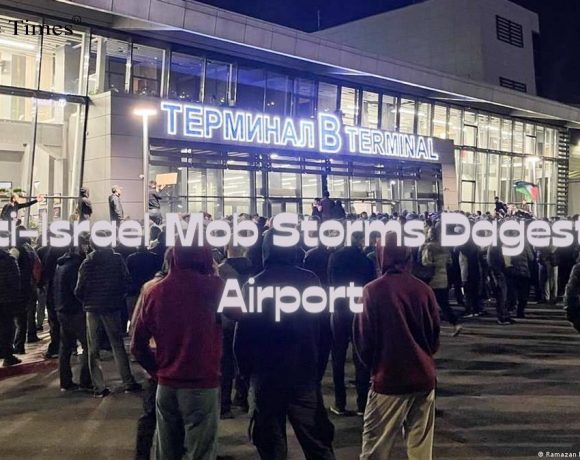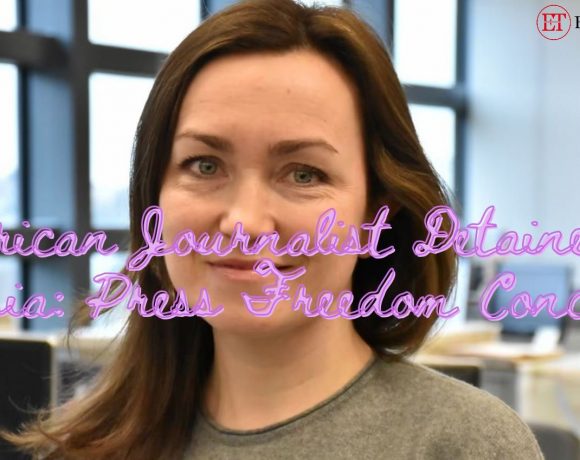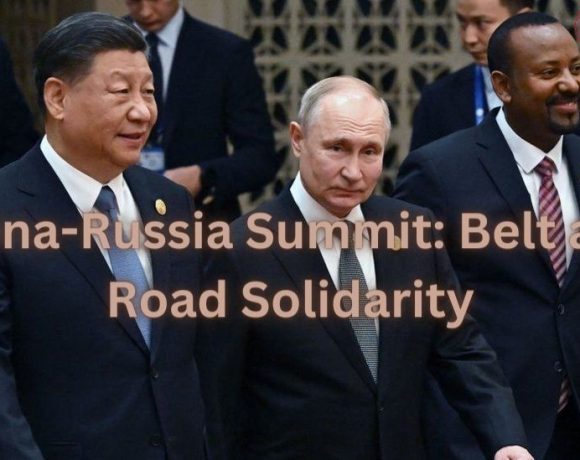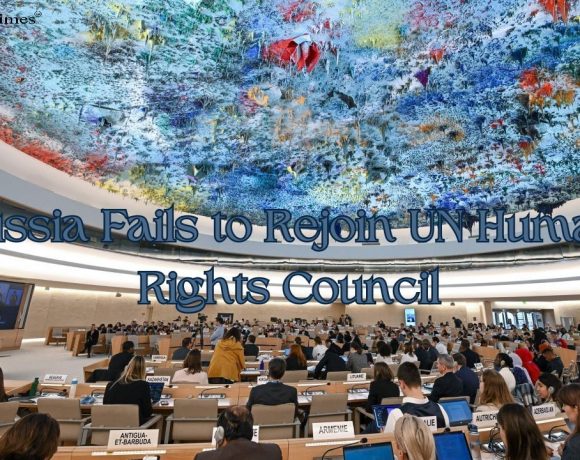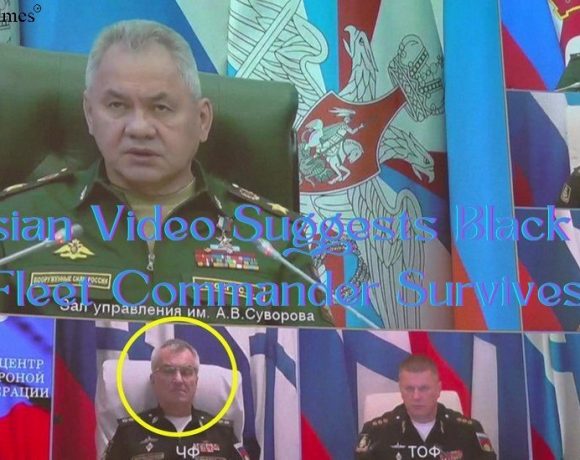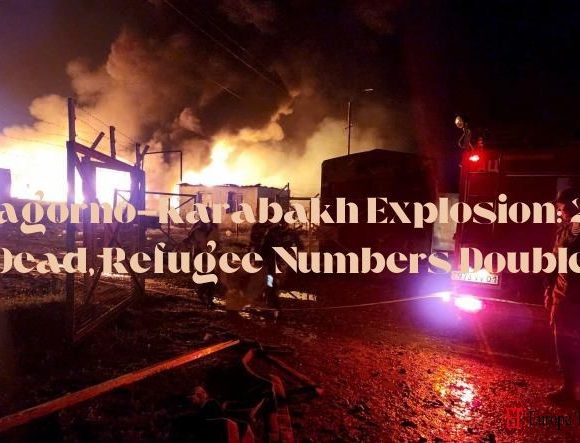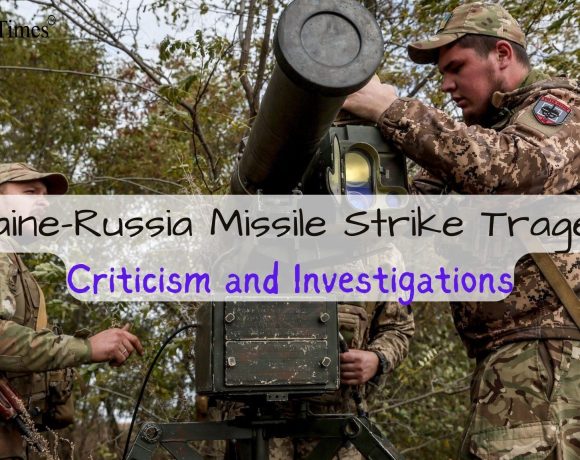
Ukraine’s military leadership is facing severe backlash after a recent Russian missile strike reportedly resulted in significant Ukrainian casualties. According to Ukrainian media and Russian military bloggers, over 20 Ukrainian soldiers were killed during an award ceremony near the southern frontlines on Friday. Ukrainian President Volodymyr Zelensky emphasized that the incident was avoidable and announced the initiation of criminal proceedings.
Several Ukrainian soldiers and military experts have criticized the decision to hold the ceremony in an area vulnerable to strikes, highlighting that Russian drones routinely monitor Ukrainian troop activities to facilitate air and artillery attacks. Disturbing drone footage shared on a Russian Telegram channel purportedly captured the moment of the deadly strike, displaying bodies of Ukrainian soldiers on the ground.
Ukrainian Defence Minister Rustem Umerov confirmed the deaths and ordered a full investigation into the tragedy. The use of an Iskander-M, a Russian short-range ballistic missile, was reported by Ukraine’s Strategic Command (StratCom), resulting in civilian casualties as well. While the specific location of the attack has not been publicly disclosed by Kyiv, Ukrainian media suggests it was a village near the frontline, potentially Dymytrovo, known as Zarichne after Ukraine’s renaming in 2016.
The incident occurred during a ceremony marking Artillery Day, dedicated to honoring military personnel serving in artillery and missile units. Various social media posts, including those by Ukrainian soldier Ruslan Kahanets and volunteer Serhiy Sternenko, criticized the decision to organize the event, calling for accountability and systemic changes to prevent similar tragedies in the future.
The sentiment among some Russian military bloggers implies that such incidents are occurring more frequently, urging Ukrainian military leaders to reassess their strategies. This recent strike has sparked anger among Ukrainian citizens, who demand punishment for those responsible for organizing the ill-fated ceremony. As investigations continue, the focus remains on establishing the truth and implementing measures to prevent such occurrences from happening again.
Picture Courtesy: Google/images are subject to copyright

